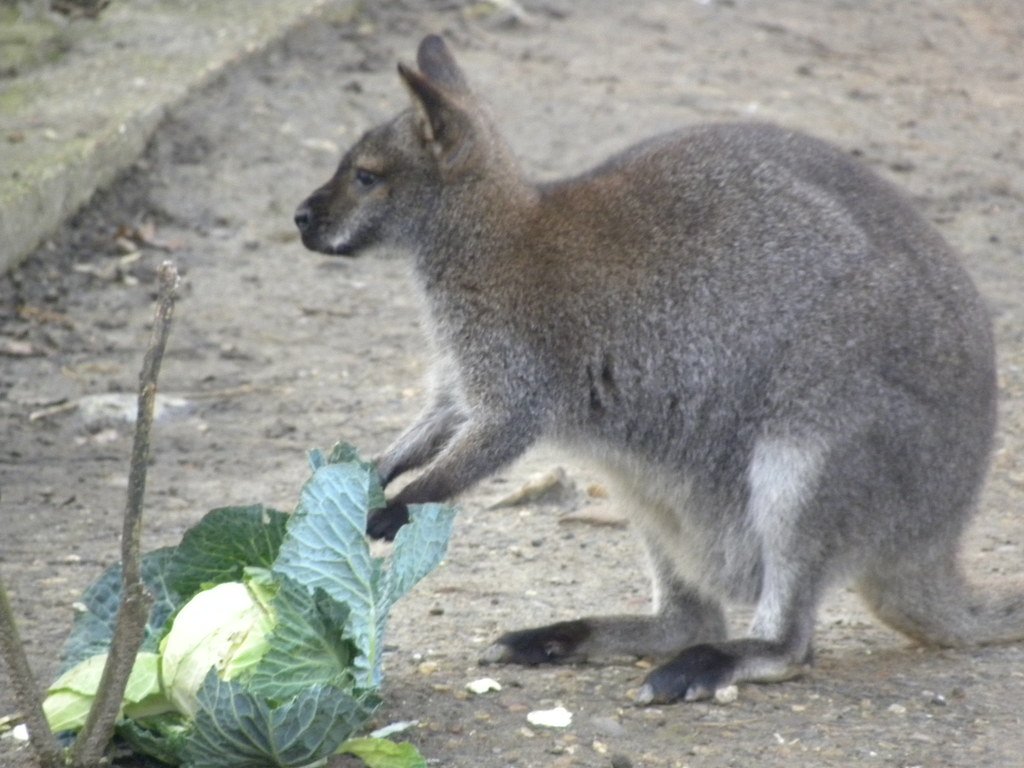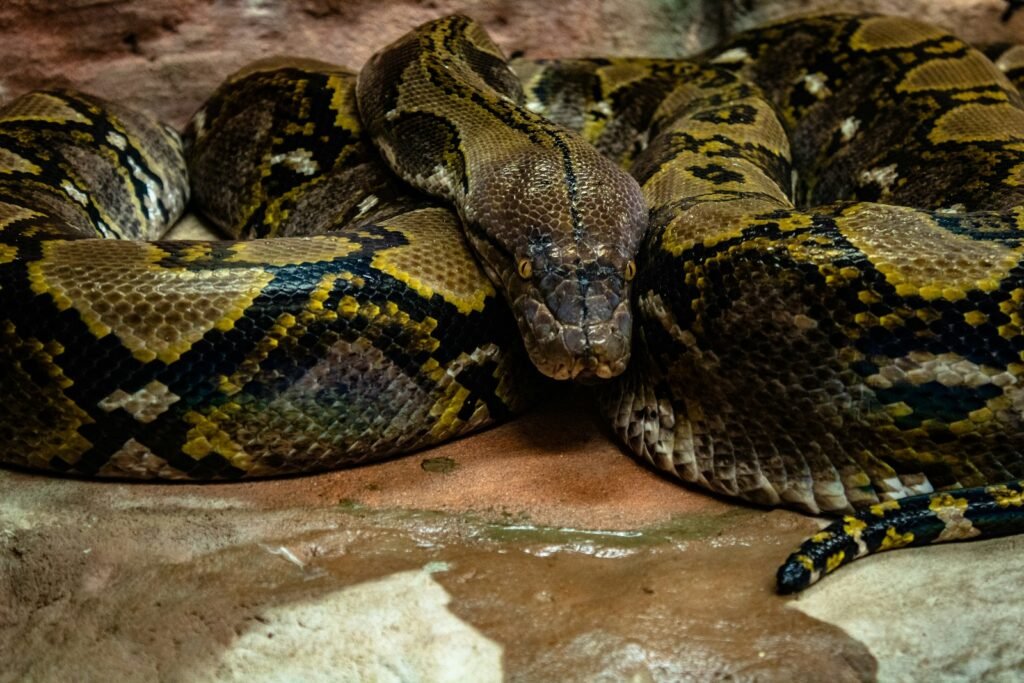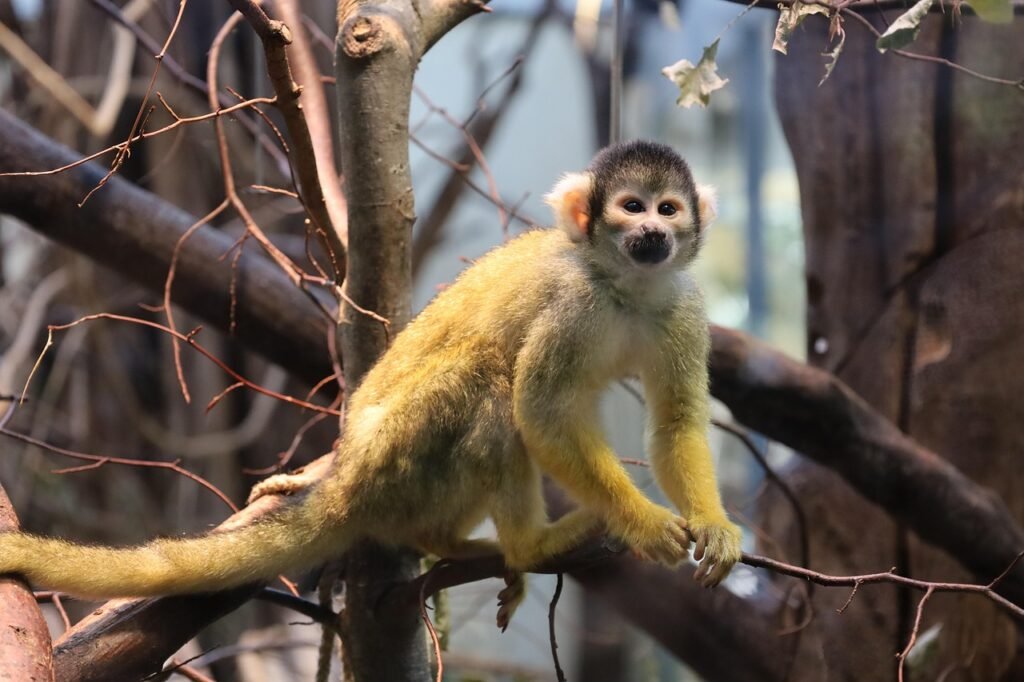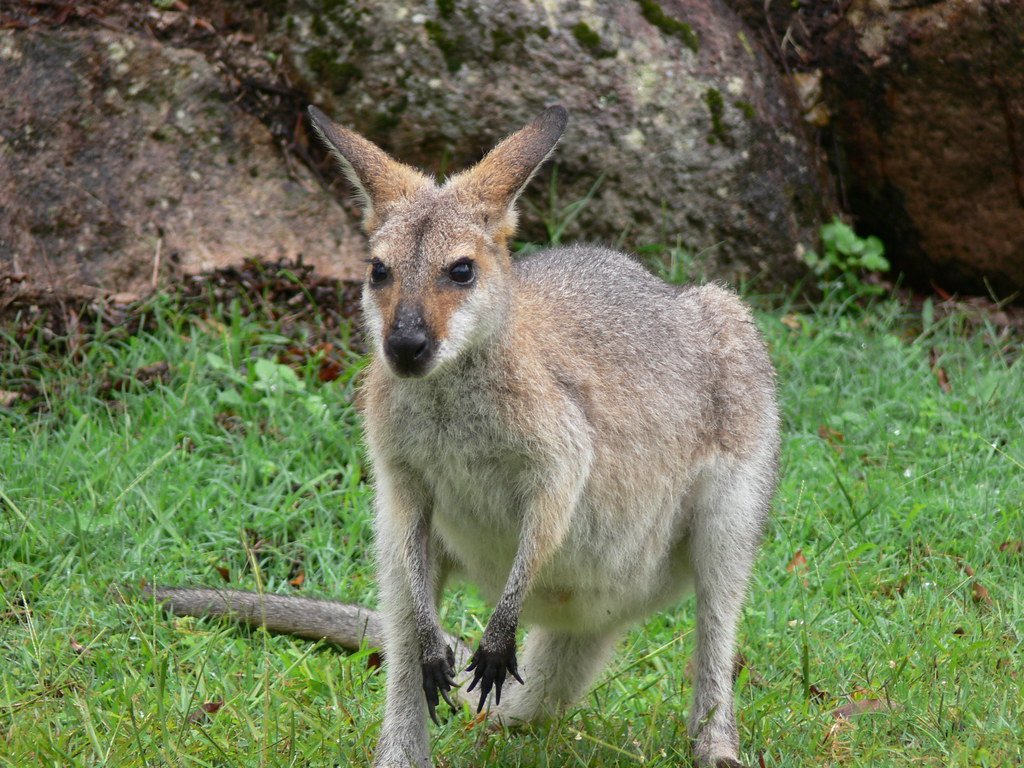DD Animal News – When a kangaroo was spotted hopping down a busy road in St. Cloud, Florida last month, locals were stunned—and animal experts were not surprised.
The marsupial’s wild romp on May 5 made headlines and raised eyebrows, but for Amazing Animals, the nonprofit sanctuary that took him in, it was just another day rescuing exotic pets that, frankly, don’t belong in backyards.
The kangaroo, affectionately named Hickory after Old Hickory Tree Road where he was found, was cornered in some bushes before Florida Fish and Wildlife Commission (FWC) officers chemically immobilized him. He was taken to Amazing Animals in Osceola County, where he stayed for 10 days.
“I blame the internet for people getting a lot of things they probably shouldn’t,” said Kylie Reynolds, deputy director of Amazing Animals.
A Pet Kangaroo? Not So Simple

Hickory’s owner, Bryan Steven Castro Rendon, told authorities the escape happened when a friend forgot to close the animal’s enclosure. Rendon had reportedly purchased the kangaroo in New York just a month earlier.
FWC charged Rendon with two second-degree misdemeanors—one for the escape and another for failing to obtain the proper permits. He was also issued a warning for housing Hickory in an enclosure that was too small and not properly secured. After upgrading the fencing and passing inspection, he was allowed to take the animal back May 15.
He declined to comment when contacted by phone.
Amazing Animals to the Rescue

Amazing Animals, the sanctuary that housed Hickory temporarily, was founded 15 years ago as a reptile rescue. Today, it shelters over 100 exotic animals, many of them former pets. Their residents include sloths, lemurs, bobcats, birds of prey, and now three kangaroos, including one named Rufus, who arrived from a now-closed sanctuary.
“We get a lot of calls for pythons, bearded dragons—reptiles that people buy on impulse,” Reynolds said. “They live a long time, need specific diets and conditions. People get overwhelmed.”
Exotic pets are nothing new for the State of Florida, with owners deciding to let their pets loose in the wild if they can no longer care for them or want to care for them. A notable issue is the Burmese python, which has become the state’s biggest problem as it is invasive.
Florida’s Exotic Pet Problem

Florida’s exotic animal community is vast. According to FWC, the state has 918 active exotic pet licenses, and 91 of those are in Central Florida. Animals range from monkeys to crocodiles. Permits can cost up to $140 a year and often require hours of documented experience with the animal in question.
And while owning a kangaroo is technically legal, their care is anything but easy.
“They’re sensitive animals,” Reynolds said. “If you chase them, they can stress out, overheat, or even suffer heart failure. Calm handling is critical.”
Think Before You Buy (or Adopt)
Reynolds hopes the story of Hickory gets potential exotic pet owners to pause and do their homework.
“Do your research,” she said. “These animals need specialized care, space, and attention. This isn’t just about having a cool pet. It’s about doing right by them.”
After all, as much as kangaroos might look cute on TikTok, they don’t belong hopping through Florida traffic.






